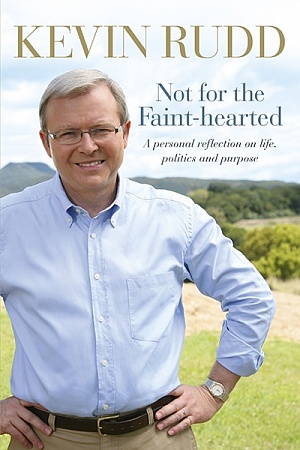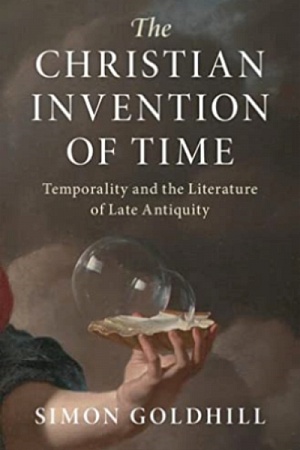The Australians at Geneva: Internationalist diplomacy in the interwar years
Melbourne University Press, $39.99 pb, 255 pp
The real Edith Berrys

In October 2022, the United Nations announced that its Total Digital Access to the League of Nations Archives Project (LONTAD) was complete. For the past five years, archivists in Geneva have been preserving, scanning, and cataloguing more than fourteen million pages of historical documents, making them accessible to researchers around the world. Harnessing a technology that people a century ago could hardly imagine, this project has extended the League of Nations’ foundational values of sharing knowledge and cooperating across borders into the twenty-first century.
The sheer scale of this archive is testament to the ambition of the League of Nations (1920–46) – the precursor of the United Nations – as an experiment in international governance. People initially had high hopes for the organisation, but its legacy has often been considered in negative terms. Traditionally, historians have focused on its failure to institute collective security and to deal with a series of international crises. In recent years, a new body of scholarship has begun re-evaluating the League, exploring its work across a variety of social, economic, and humanitarian activities. As historian Susan Pedersen explained in a 2007 article in the American Historical Review, the most pressing question now is not ‘why the League failed’ but rather ‘the more properly historical question of what it did and meant over its twenty-five-year existence’.
James Cotton’s The Australians at Geneva: Internationalist diplomacy in the interwar years contributes to this growing historiography. Whereas much of the existing literature is centred on the Northern Hemisphere, this book brings an antipodean perspective, exploring how Australians worked with and within the League and the affiliated International Labour Organisation (ILO). Showing them to have been active contributors to the Geneva project, it ‘is intended to carry the revolution in League studies further into Australian historical inquiry’.
Continue reading for only $10 per month. Subscribe and gain full access to Australian Book Review. Already a subscriber? Sign in. If you need assistance, feel free to contact us.














Leave a comment
If you are an ABR subscriber, you will need to sign in to post a comment.
If you have forgotten your sign in details, or if you receive an error message when trying to submit your comment, please email your comment (and the name of the article to which it relates) to ABR Comments. We will review your comment and, subject to approval, we will post it under your name.
Please note that all comments must be approved by ABR and comply with our Terms & Conditions.